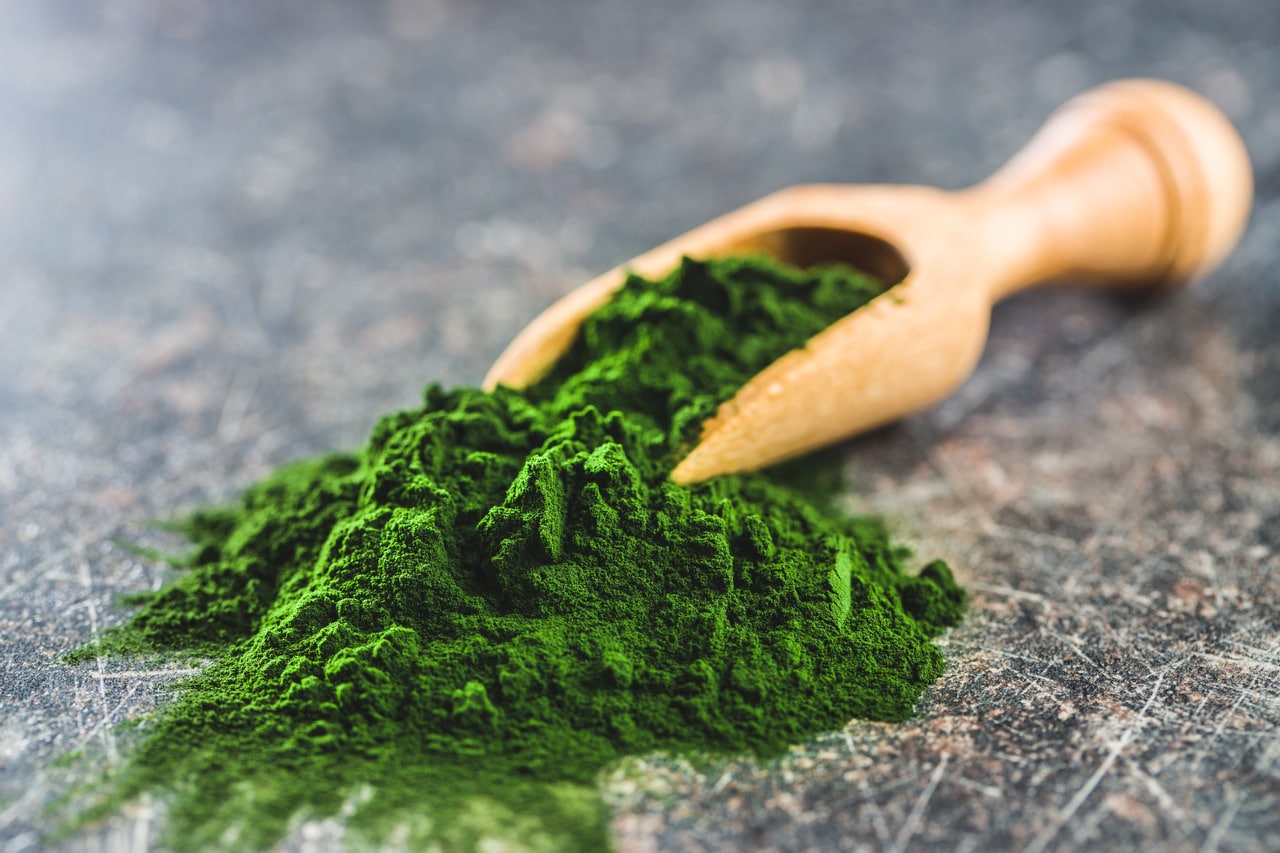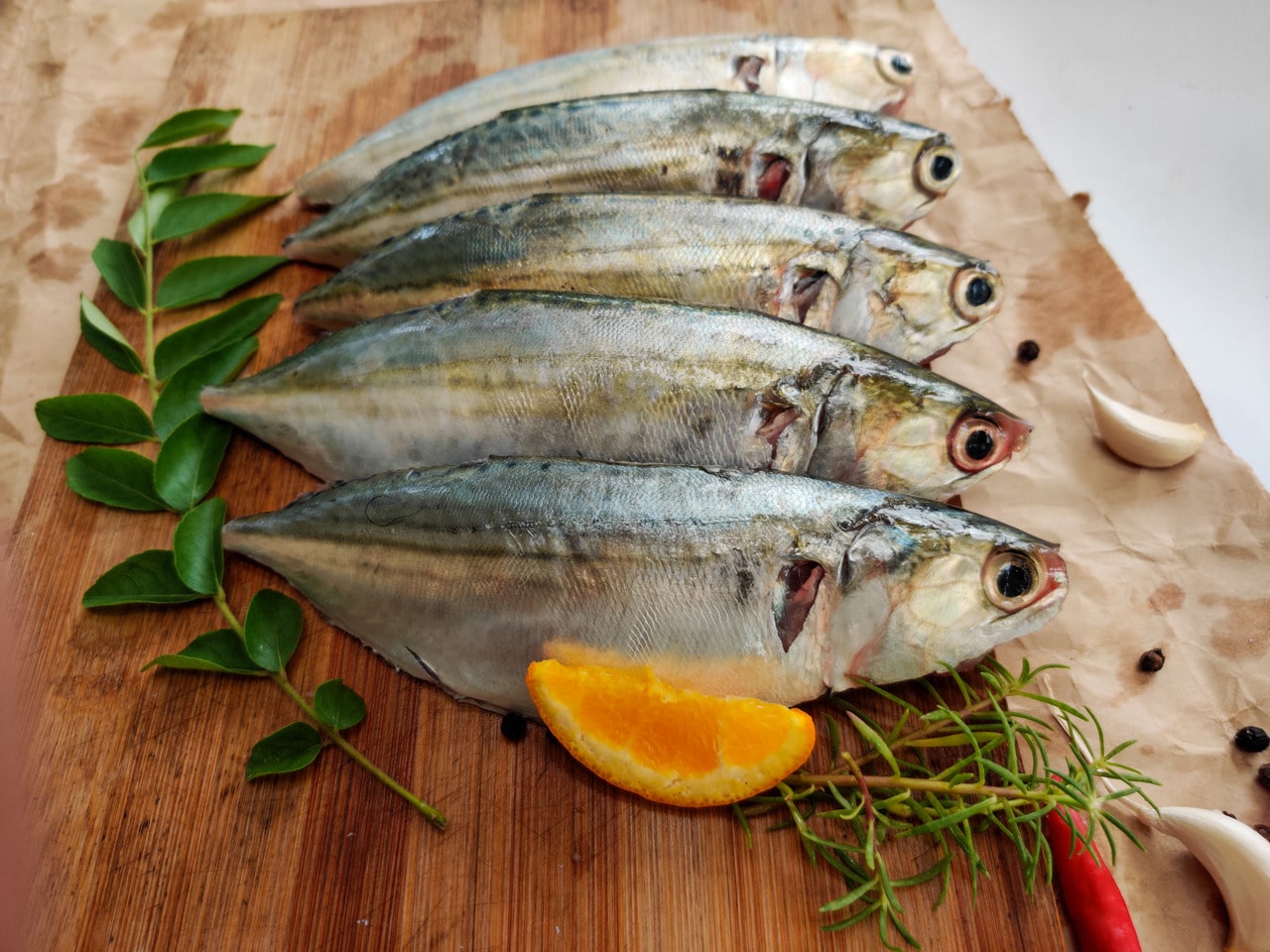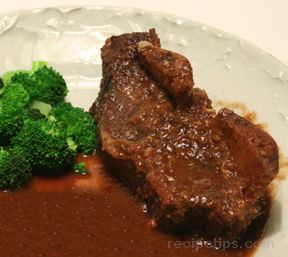"Revitalize Your Hair: Proven Strategies to Reduce Hair Fall and Boost Growth"
Hair fall is a common concern that affects millions of people around the world. Whether it’s due to genetics, stress, diet, or environmental factors, the good news is that there are effective strategies to address hair loss and promote healthy hair growth.

Understanding Hair Fall and Growth
Before diving into solutions, it’s important to understand the basics of hair fall and growth:
- Hair Growth Cycle: Hair grows in cycles consisting of the anagen (growth), catagen (transitional), and telogen (resting) phases. Hair fall occurs naturally when hairs reach the end of the telogen phase and are shed to make way for new growth.
- Causes of Hair Fall: Common causes include hormonal imbalances, nutritional deficiencies, stress, genetics, and environmental damage.
Proven Strategies to Reduce Hair Fall and Boost Growth
1. Maintain a Balanced Diet
Why It Matters: Proper nutrition is crucial for healthy hair growth. A diet rich in essential nutrients can strengthen hair follicles and promote new growth.
Key Nutrients:
- Proteins: Hair is primarily made of keratin, a protein. Include lean meats, fish, eggs, and plant-based proteins like beans and lentils.
- Iron: Iron supports healthy blood circulation to the scalp. Eat foods like spinach, red meat, and lentils.
- Vitamins: Vitamin A (carrots, sweet potatoes), Vitamin C (citrus fruits, strawberries), Vitamin D (fortified foods, sunlight), and Vitamin E (nuts, seeds) are important for maintaining healthy hair.
- Omega-3 Fatty Acids: These healthy fats help nourish hair and promote scalp health. Find them in fatty fish, flaxseeds, and walnuts.
How to Incorporate: Focus on a balanced plate with a variety of these nutrients, and consider consulting a nutritionist to tailor a diet plan that meets your specific needs.
2. Use Gentle Hair Care Products
Why It Matters: Harsh chemicals in hair care products can damage the hair and scalp. Using gentle, nourishing products can minimize damage and improve hair health.
Tips:
- Shampoos: Choose sulfate-free shampoos that are less likely to strip your hair of its natural oils.
- Conditioners: Use conditioners with moisturizing ingredients like shea butter, coconut oil, and aloe vera.
- Avoid Heat Styling: Excessive use of heat tools can cause hair breakage. If you must use them, apply a heat protectant spray.
How to Incorporate: Switch to gentle, natural hair care products and reduce the frequency of heat styling. Opt for air-drying when possible.
3. Practice Scalp Care
Why It Matters: A healthy scalp is essential for optimal hair growth. Regular scalp care can improve blood circulation and remove excess oil and buildup.
Tips:
- Scalp Massages: Gently massage your scalp with your fingertips to boost circulation. You can use oils like coconut oil or castor oil for added nourishment.
- Exfoliation: Use a gentle scalp scrub or exfoliating shampoo once a week to remove dead skin cells and unclog hair follicles.
How to Incorporate: Set aside time for regular scalp massages and use exfoliating treatments as needed to maintain a healthy scalp environment.
4. Manage Stress
Why It Matters: Chronic stress can disrupt the hair growth cycle and contribute to hair loss. Managing stress effectively can help reduce hair fall and promote hair growth.
Stress-Reduction Techniques:
- Exercise: Regular physical activity helps reduce stress hormones and improve overall well-being.
- Mindfulness and Meditation: Practices like meditation, yoga, and deep breathing can help manage stress and promote relaxation.
- Healthy Sleep: Ensure you get adequate and restful sleep to support overall health and hair growth.
How to Incorporate: Incorporate stress-reduction practices into your daily routine and prioritize activities that help you relax and unwind.
5. Avoid Tight Hairstyles
Why It Matters: Tight hairstyles like ponytails, braids, and buns can pull on the hair shaft and lead to traction alopecia, a type of hair loss caused by mechanical stress.
Tips:
- Opt for Loose Styles: Choose hairstyles that don’t put excessive tension on the hair.
- Use Gentle Hair Accessories: Avoid elastic bands and opt for fabric-covered hair ties or clips.
How to Incorporate: Opt for looser hairstyles and gentle hair accessories to prevent unnecessary strain on your hair.
6. Consider Supplements
Why They Matter: Certain supplements can support hair health and address nutritional deficiencies that may contribute to hair fall.
Common Supplements:
- Biotin: Supports keratin production and may improve hair strength.
- Collagen: Provides amino acids that support hair structure and elasticity.
- Saw Palmetto: May help reduce hair loss by blocking DHT, a hormone linked to hair loss.
How to Incorporate: Consult with a healthcare provider before starting any new supplements to ensure they are appropriate for your needs.
7. Avoid Smoking and Excessive Alcohol
Why It Matters: Smoking and excessive alcohol consumption can negatively affect circulation and overall health, potentially contributing to hair loss.
Tips:
- Quit Smoking: Seek support and resources to help quit smoking, which can improve overall health and hair condition.
- Limit Alcohol: Consume alcohol in moderation and prioritize a balanced diet to support hair health.
How to Incorporate: Reduce or eliminate smoking and excessive alcohol intake to improve overall health and support hair growth.
Overcoming Common Challenges
1. Genetics
Solution: While genetics play a significant role in hair loss, adopting a healthy lifestyle and using appropriate treatments can help manage and mitigate its effects.
2. Nutritional Deficiencies
Solution: Ensure you’re getting a balanced diet rich in essential nutrients. Consider consulting with a nutritionist or healthcare provider to address any specific deficiencies.
3. Hormonal Imbalances
Solution: Seek medical advice to address hormonal imbalances that may be contributing to hair loss. Treatments or medications may be recommended based on individual needs.
Conclusion
Revitalizing your hair involves a holistic approach that combines proper nutrition, gentle hair care, effective stress management, and healthy lifestyle choices. By incorporating these proven strategies, you can reduce hair fall, boost growth, and achieve healthier, more vibrant hair. Remember, patience and consistency are key—hair growth takes time, and adopting these practices will contribute to long-term hair health and vitality. Here’s to your journey towards revitalized, beautiful hair!
What's Your Reaction?






















































































